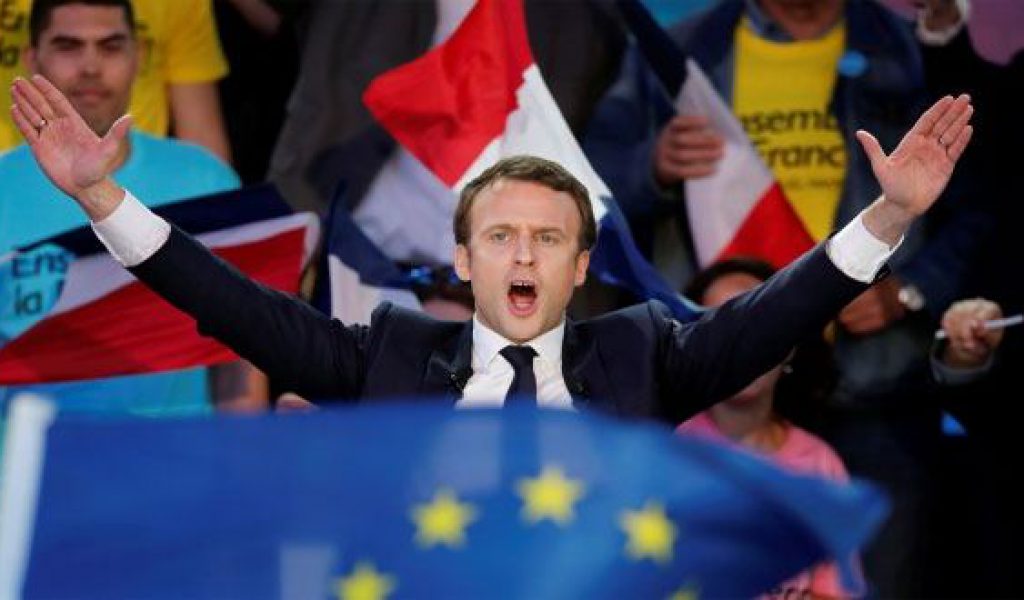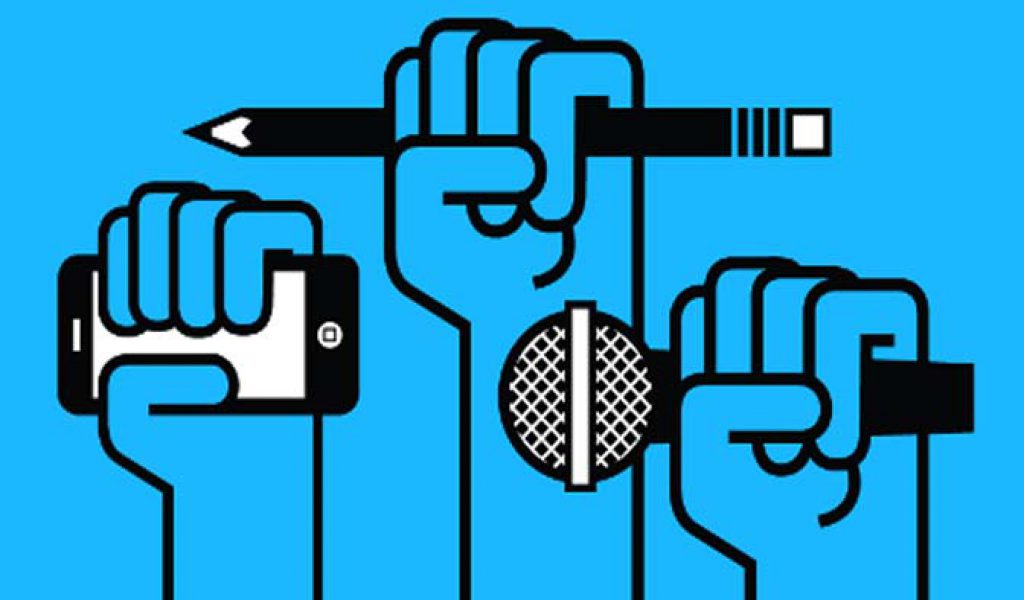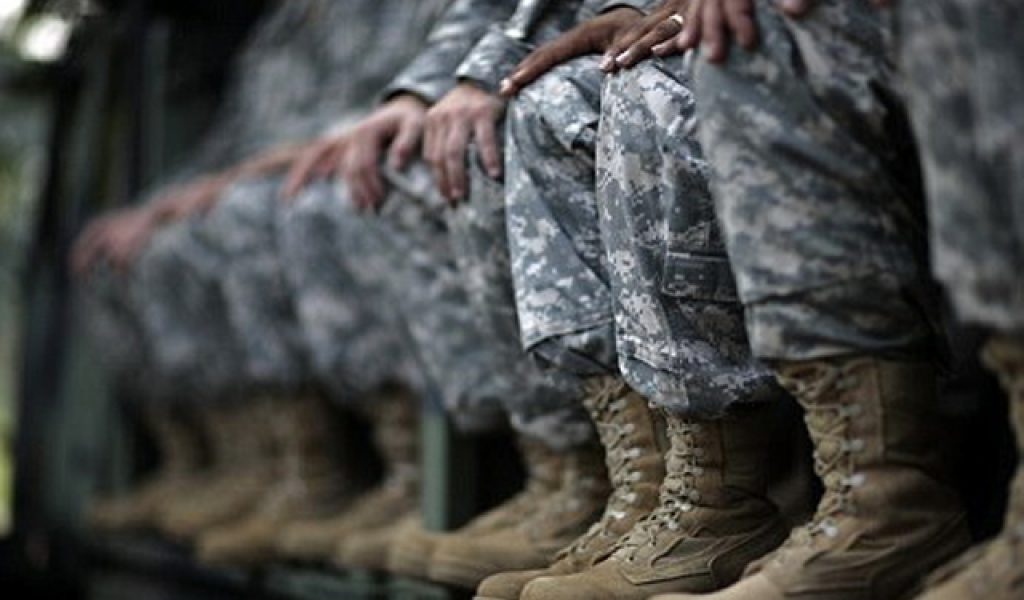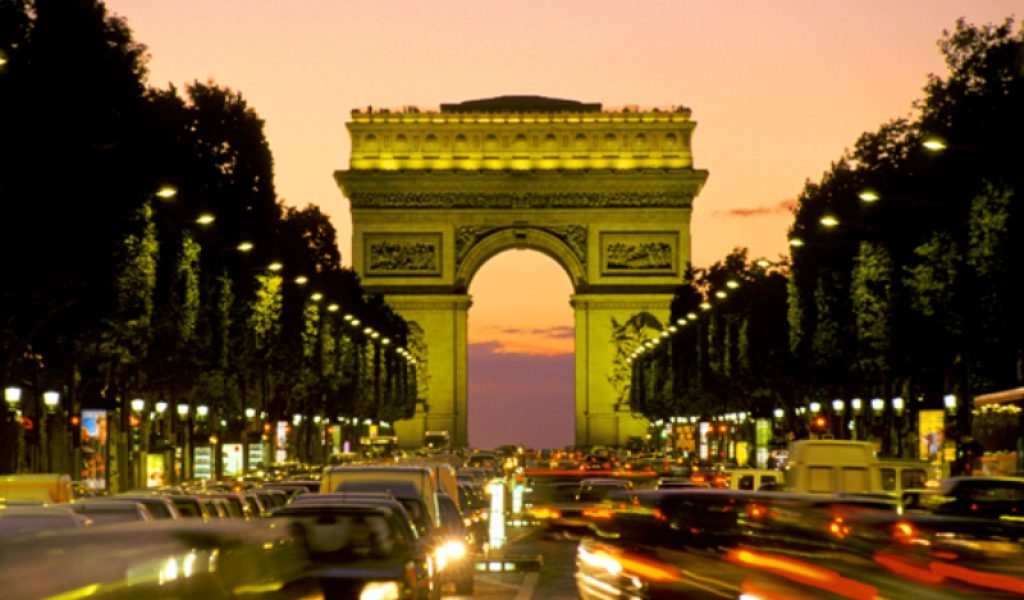French election: Macron won the presidential
French voters have elected centrist Emmanuel Macron as the country’s youngest president ever, delivering a resounding victory to the unabashedly pro-European former investment banker and strengthening France’s place as a central pillar of the European Union.
Such a comfortable Macron win is in line with what pollsters have been saying for weeks, with most polls saying that the 39-year-old centrist would win with a lead of around 20 points. His final lead, of 31 points, dwarfed even this.
Marine Le Pen, his far-right opponent in the presidential runoff, quickly called the 39-year-old to concede defeat after voters rejected her "French-first" nationalism by a large margin. Macron swept the board geographically, with Le Pen winning just two of France’s 107 departments.









